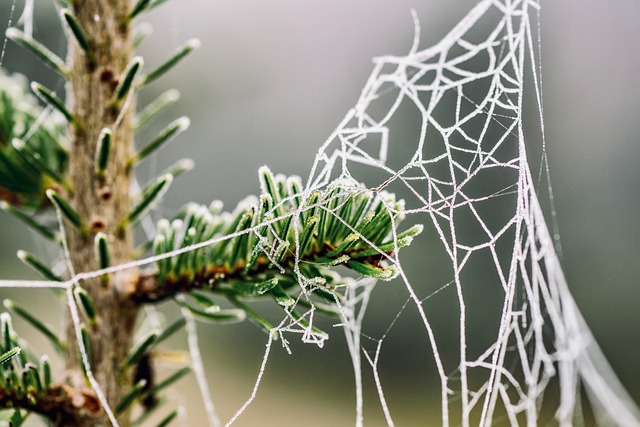Winter's cold poses a significant threat to homeowners with frozen pipes being a common concern. To prevent this, homeowners should take proactive steps like insulating pipes, shutting off water supplies to less used fixtures, and installing heat tape or thermostatically controlled heating devices. While traveling, insulate pipes with thermal protection, use heat tape, turn off the main water supply valve, drain excess water, and quickly address frozen pipes if they occur using a heating pad or hot water, fixing any leaks promptly. Regular maintenance will safeguard your plumbing system during winter travel, preventing frozen pipes and potential water damage.
Traveling during winter? Don’t let frozen pipes ruin your plans! This guide details everything you need to know about preventing pipe freezing while away, ensuring your home stays safe and sound. From understanding the risks of cold weather on plumbing to implementing practical steps before you leave, we cover it all. Additionally, learn what to do if pipes do freeze, offering crucial tips for quick and effective resolution. Discover how to protect your home and avoid costly damage this winter with these essential how-to strategies.
- Understanding the Risk of Frozen Pipes in Winter
- Practical Steps to Prevent Pipe Freezing Before You Leave
- What to Do If Pipes Freeze While You're Away
Understanding the Risk of Frozen Pipes in Winter

Winter brings a unique set of challenges for homeowners, particularly when it comes to frozen pipes. Understanding the risk is the first step in preventing this common winter woe. When temperatures drop significantly, water inside exposed pipes can freeze and expand, putting immense pressure on the pipe walls. Over time, this can lead to bursts or leaks, causing significant damage to homes. The threat isn’t just limited to outdoor spigots; pipes throughout your home, especially in uninsulated areas like basements, attics, and crawl spaces, are also vulnerable.
To combat this issue, it’s crucial to implement preventive measures before the winter sets in. Homeowners can take steps such as insulating exposed pipes with thermal protection, shutting off water supplies to less used fixtures, and installing heat tape or thermostatically controlled heating devices. By taking these proactive measures, you’ll significantly reduce the risk of frozen pipes and any potential water damage during your winter away.
Practical Steps to Prevent Pipe Freezing Before You Leave

To prevent frozen pipes while traveling in winter, take a few simple yet practical steps before you leave. First, insulate your pipes by installing thermal protection or filling any gaps with insulation materials. This step is crucial as it helps maintain a consistent temperature within your plumbing system, preventing water from freezing. Second, consider using heat tape or thermostats on exposed pipes to keep them warm. These products are designed to activate when temperatures drop below a certain level, ensuring your pipes remain unfrozen even in the coldest conditions.
Additionally, turn off the main water supply valve before you depart, especially if you’ll be away for an extended period. This simple act prevents any frozen water from expanding and causing bursts or leaks upon your return. It’s also wise to drain excess water from sinks, faucets, and appliances like refrigerators or water heaters that have internal pipes. By following these measures, you can significantly reduce the risk of frozen pipes during your winter travel, safeguarding your home and its plumbing system.
What to Do If Pipes Freeze While You're Away

If pipes freeze while you’re away, it can lead to severe damage once you return home. The first step is to prevent freezing in the first place. Insulate your pipes by wrapping them in thermal protection or using heat tape, especially in areas prone to temperature drops below freezing. Keep cabinet doors under sinks closed to prevent cold air from reaching pipes.
If pipes do freeze, act quickly. Turn off the main water supply valve to stop water flow and avoid further damage. Then, thaw the pipes using a heating pad or hot water. Do not use an open flame as it can be dangerous. Once pipes are thawed, check for any leaks and make repairs as needed. Regular maintenance and these quick actions can save you from costly plumbing disasters during winter travel.
When traveling during winter, preventing frozen pipes is essential to avoid costly damages. By understanding the risks and taking proactive measures, such as insulating vulnerable areas, shutting off water supply, and using heat sources strategically, you can significantly reduce the chance of pipe freezing. In case pipes do freeze while you’re away, knowing the right steps to thaw them safely is crucial. Stay informed, prepare accordingly, and enjoy your trip with peace of mind.
